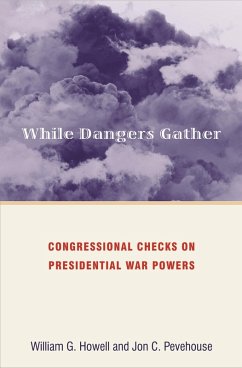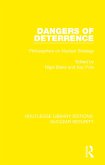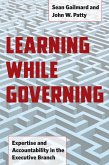Nearly five hundred times in the past century, American presidents have deployed the nation's military abroad, on missions ranging from embassy evacuations to full-scale wars. The question of whether Congress has effectively limited the president's power to do so has generally met with a resounding "no." In While Dangers Gather, William Howell and Jon Pevehouse reach a very different conclusion.
The authors--one an American politics scholar, the other an international relations scholar--provide the most comprehensive and compelling evidence to date on Congress's influence on presidential war powers. Their findings have profound implications for contemporary debates about war, presidential power, and Congress's constitutional obligations.
While devoting special attention to the 2003 invasion of Iraq, this book systematically analyzes the last half-century of U.S. military policy. Among its conclusions: Presidents are systematically less likely to exercise military force when their partisan opponents retain control of Congress. The partisan composition of Congress, however, matters most for proposed deployments that are larger in size and directed at less strategically important locales. Moreover, congressional influence is often achieved not through bold legislative action but through public posturing--engaging the media, raising public concerns, and stirring domestic and international doubt about the United States' resolve to see a fight through to the end.
The authors--one an American politics scholar, the other an international relations scholar--provide the most comprehensive and compelling evidence to date on Congress's influence on presidential war powers. Their findings have profound implications for contemporary debates about war, presidential power, and Congress's constitutional obligations.
While devoting special attention to the 2003 invasion of Iraq, this book systematically analyzes the last half-century of U.S. military policy. Among its conclusions: Presidents are systematically less likely to exercise military force when their partisan opponents retain control of Congress. The partisan composition of Congress, however, matters most for proposed deployments that are larger in size and directed at less strategically important locales. Moreover, congressional influence is often achieved not through bold legislative action but through public posturing--engaging the media, raising public concerns, and stirring domestic and international doubt about the United States' resolve to see a fight through to the end.









